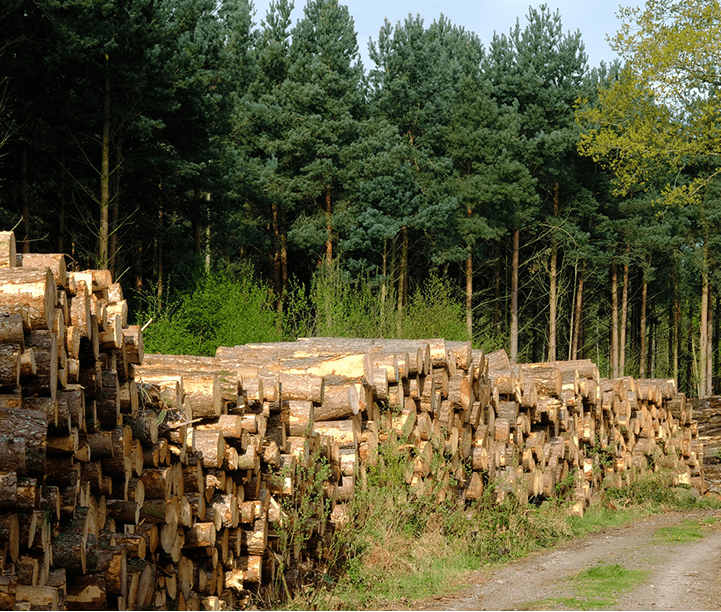Rural property as an investment
Rural property is a comparable investment to alternative property assets and financial instruments
.jpg)
Rural property is a comparable investment to alternative property assets and financial instruments
.png)
.png)
Comparative investment performance
Farmland and forestry have delivered healthy investment performance over the long term
Source: Savills Research
Rural property, notably let estates, farms and forestry, has been a comparable investment to alternative property assets and financial instruments over the past 20 years (see above). It has delivered a healthy annualised total return of around 10% only beaten by mainstream let residential portfolios with an annualised total return of 11.4% over the same period.
The scenario is pretty similar over the past 10 years albeit at a slightly lower level of return (8% to 9%), but the star performer was forestry with an annualised total return of almost 16%. Short term, the performance of rural assets, mainly because of pressure on capital values of farmland, has weakened. The exception being forestry, where the underlying fundamentals are based on the growing demand for sustainably produced timber required for house building around the world.
It is worth noting that rural assets have advantages over other assets based around taxation and ownership benefits. Farmland is a tangible asset, a good inflation hedge and its performance is relatively recession proof. This last point results in a low or negative correlation with other traditional asset classes such as stocks and bonds, giving an interesting portfolio diversification. For investors the prime attraction for holding agricultural land is the long term capital appreciation as income yields are historically modest compared to commercial property.
The mix of assets on rural estates is fundamental to its income and investment performance. Although income generation and retention of the core estate are the key objectives for many estate owners and managers, the Agriculture Bill heralds a new era in the rural economy, challenging everything from tenancy arrangements to supply contracts.
The key is to spread risk and have a balanced asset portfolio that meets its performance objectives. Our market intelligence and work for existing clients shows that finding land and property in or near towns and cities or overseas is a clear investment strategy.
The prime attraction for holding agricultural land is the long term capital appreciation
Savills Rural Research

There are strong reasons to own and/or invest in farmland including:
– Energy
– Forestry
– Diversification and non-farming opportunities, including leisure and tourism enterprises
– ‘Natural capital’ assets and the developing market for payments for ecosystem services from both public and private buyers
– Property rental from residential and commercial assets
These attributes outweigh the constraints, which include:
3 other article(s) in this publication